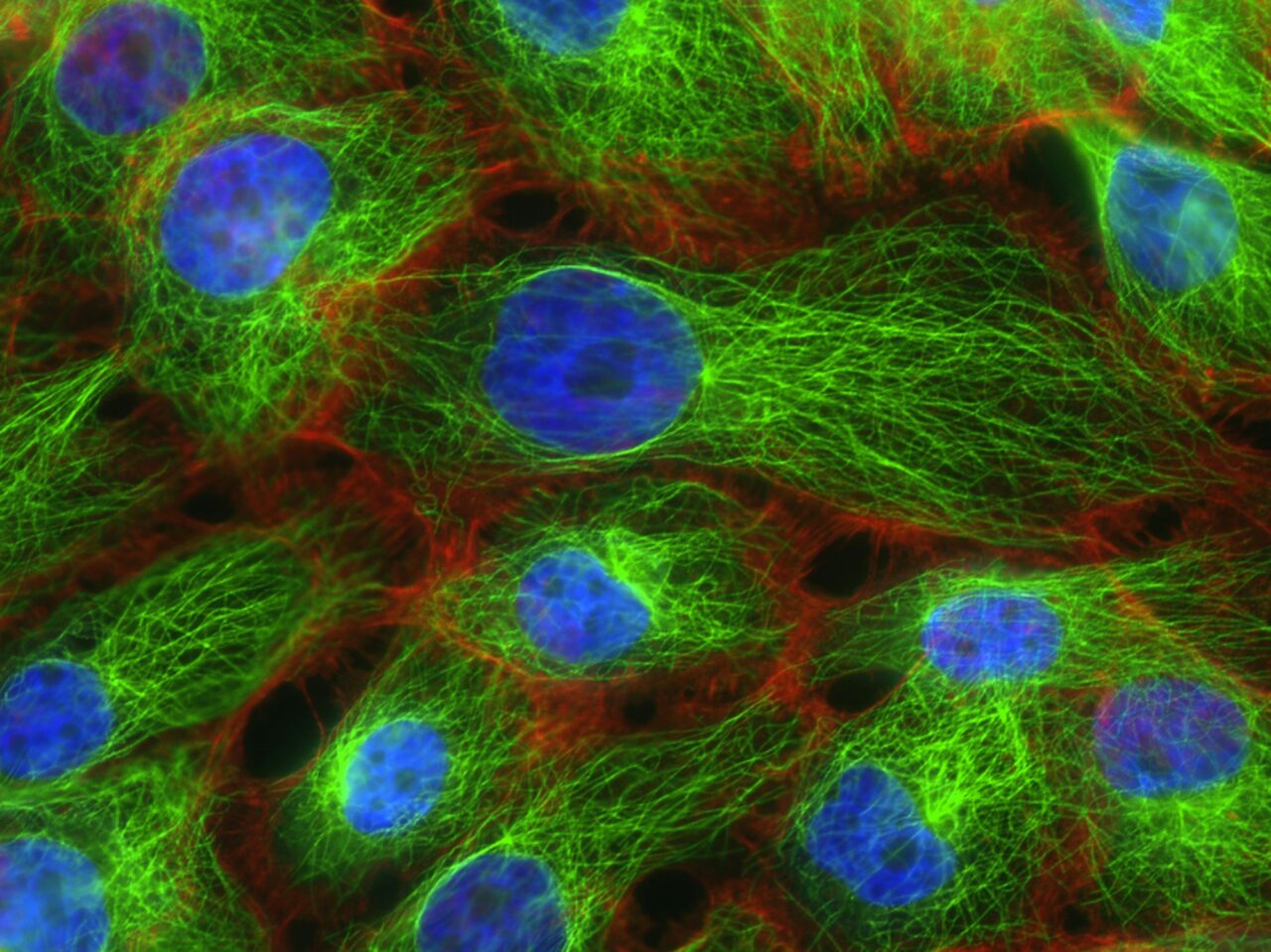Many cancers rely on oncogenic transcription factors, which have been challenging to target with small molecule therapeutics. Inhibiting transcription with cyclin-dependent kinase 9 (CDK9) blockade has been investigated as an alternative. In a new study, Michael Green, Ph.D., and collaborators developed a way to relocate CDK9 using transcriptional/epigenetic chemical inducers of proximity (TCIPs), small molecules that bring two proteins together, to drive cell death pathways in B-cell lymphoma.
They targeted the B-cell lymphoma 6 (BCL6) transcription factor, an oncogene that prevents apoptosis and promotes cell proliferation by suppressing its target genes. These TCIPs repositioned CDK9 in proximity with BCL6, activating the expression of BCL6 target genes to drive cell death. The study provides insights into cancer biology and potential new therapeutic strategies for repositioning transcriptional kinases to target different types of cancer.


